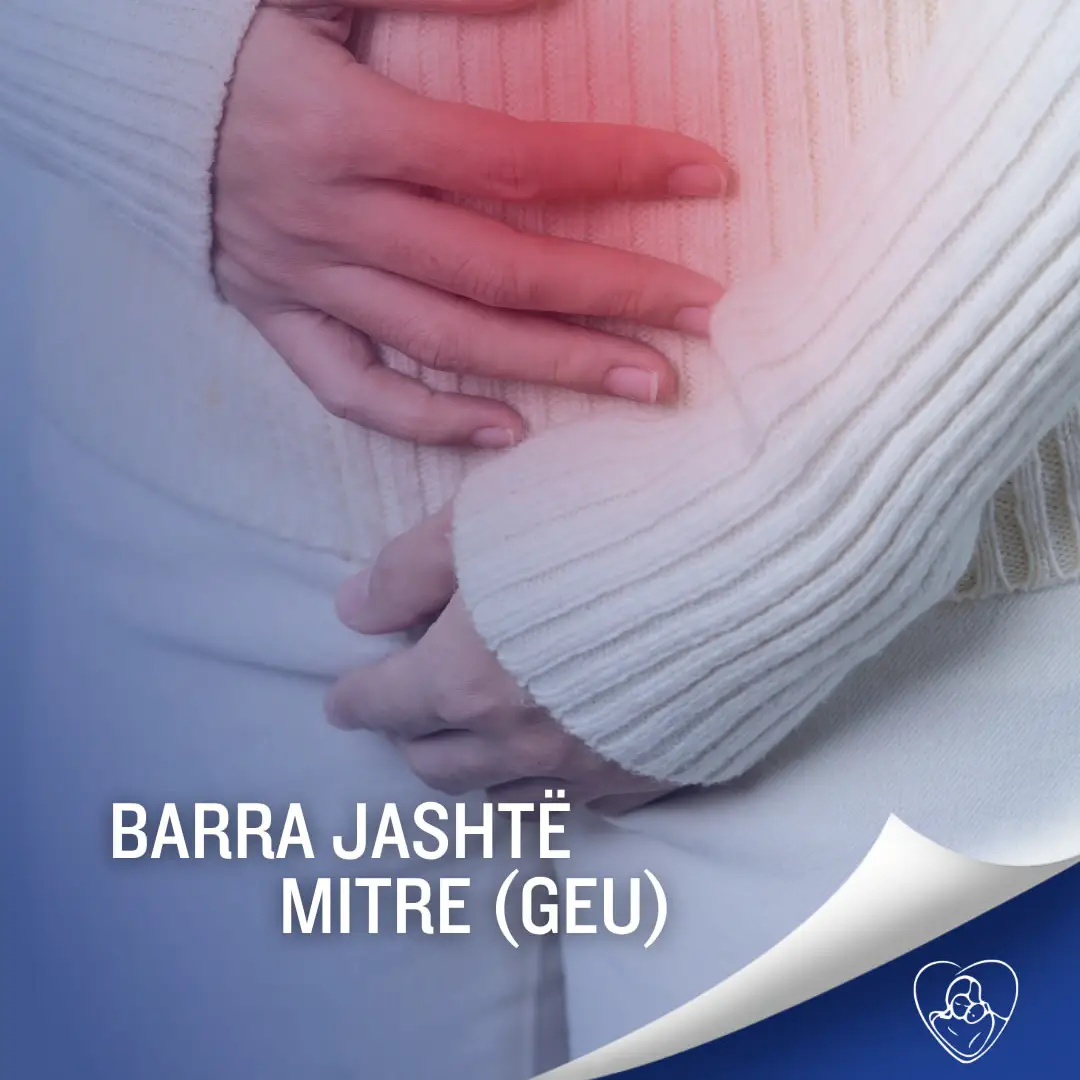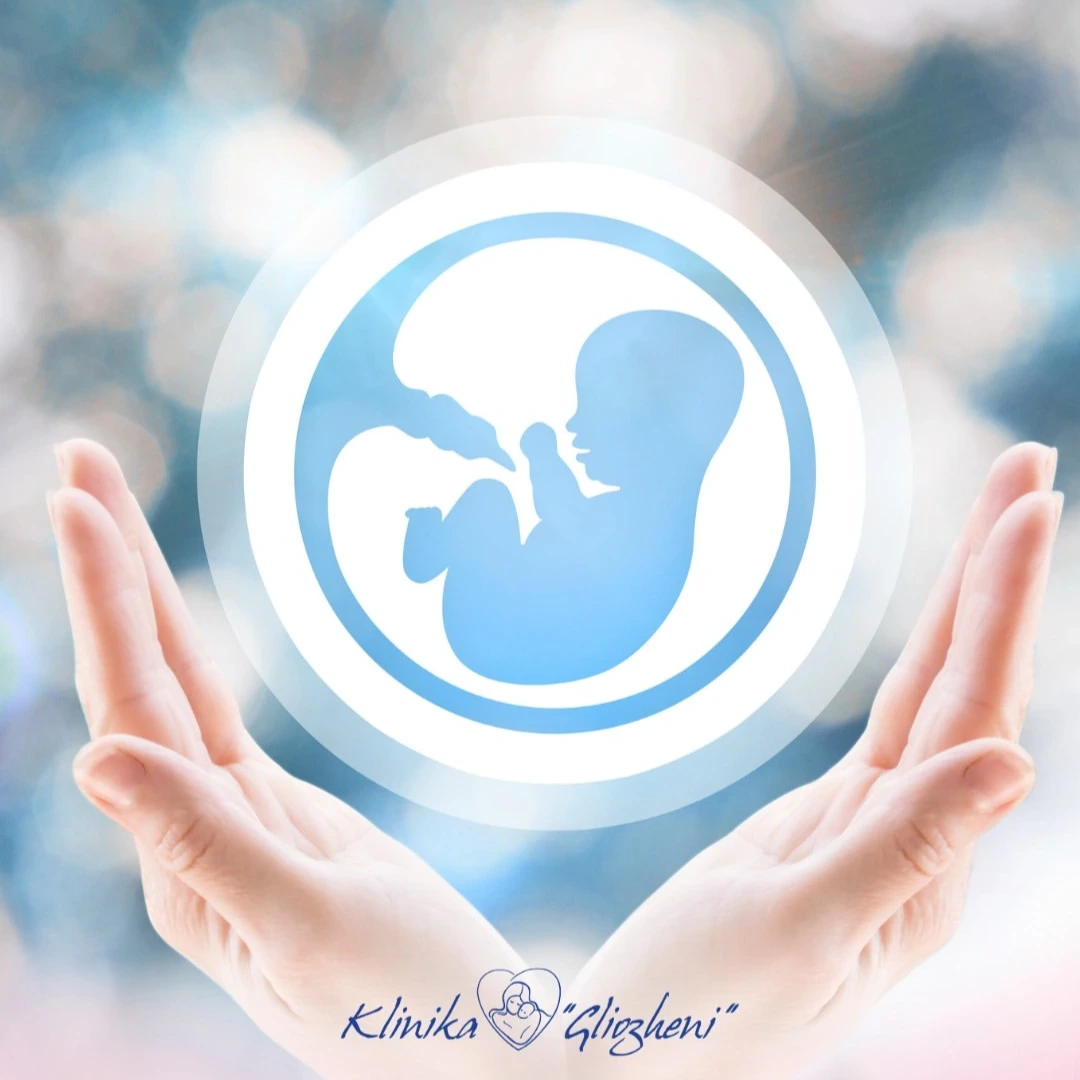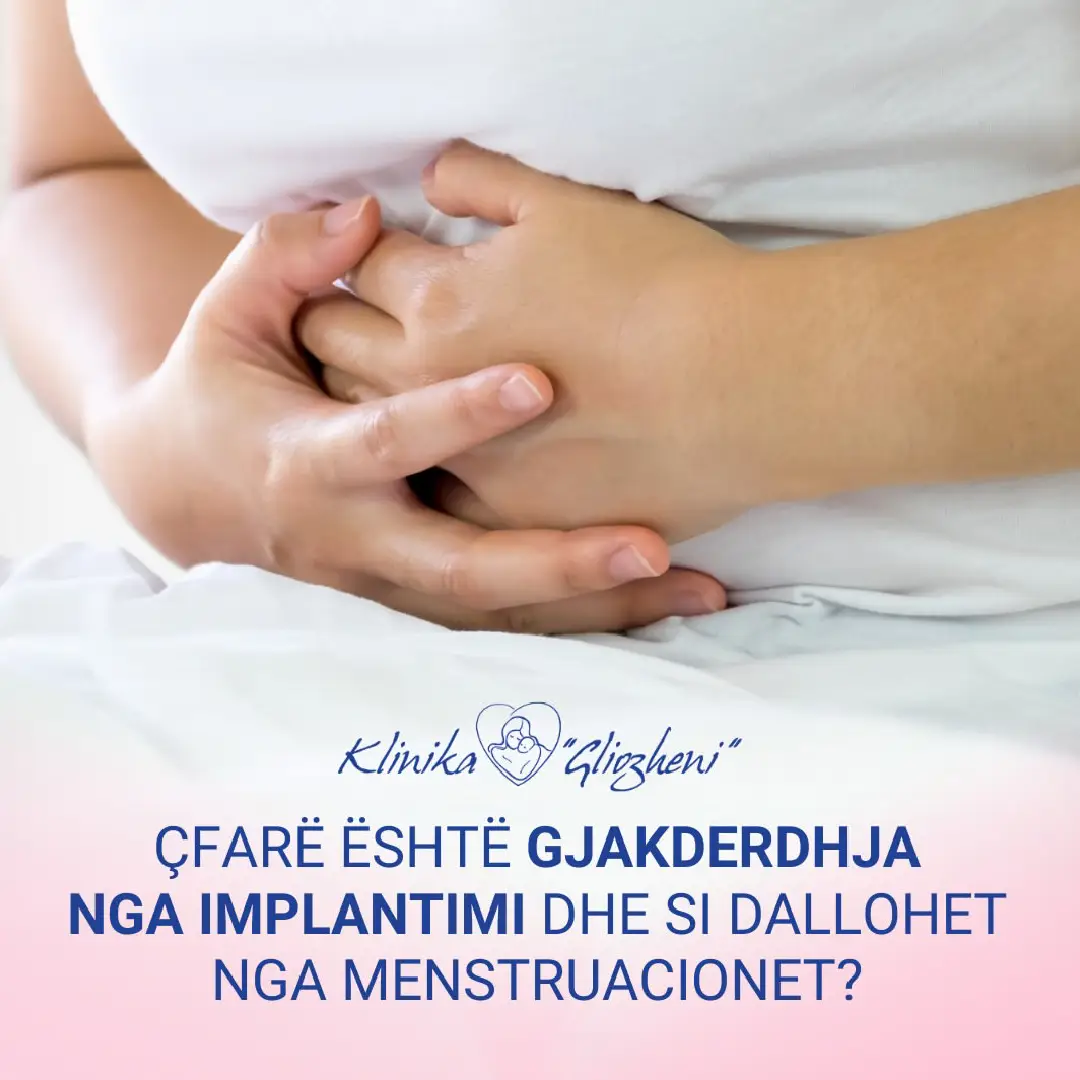Ectopic pregnancy, also known as extrauterine gravidity (EUG), is a specific and potentially serious medical condition that requires a deep understanding and immediate medical attention. This condition occurs when the fertilized egg implants outside the normal uterine cavity, making the pregnancy unsustainable and posing significant risks to the woman’s health. Understanding the causes, symptoms, and risk factors is essential for early diagnosis and proper treatment.
What is Extrauterine Gravidity (EUG) and why is it dangerous?
Normally, after fertilization in the fallopian tube, the fertilized egg, now a zygote, travels to the uterus to implant in its walls and develop into an embryo. However, in the case of an ectopic pregnancy, this natural process is hindered. Implantation can occur in various places outside the uterus, such as:
- Fallopian tubes (95-98% of cases): This is the most common location, as the tubes can be damaged or blocked, preventing the egg’s journey.
- Ovaries: Implantation occurs directly in the ovary.
- Cervix: Implantation occurs in the cervix.
- Abdominal area: In very rare cases, the egg may attach to the surface of abdominal organs.
Such a pregnancy cannot develop healthily because these locations are not suitable for fetal growth. Furthermore, the growth of the embryo in these areas can cause rupture and internal bleeding, which is a medical emergency that can be life-threatening if not treated immediately.
Main Symptoms of Ectopic Pregnancy: Warning Signs
Early identification of symptoms is absolutely vital to seek immediate medical attention.
If you experience any of the following signs, especially if you are pregnant or suspect you are pregnant, do not hesitate to contact a doctor:
- Severe lower abdominal pain: This pain is usually localized on one side (left or right), but can spread throughout the abdomen. The pain can be sharp, stabbing, cramping, or a feeling of pressure. It may start mildly and intensify over time.
- Abnormal vaginal bleeding: This can range from light brown or pink spotting to heavier bleeding, which may be mistaken for menstruation or a miscarriage. It is often less severe than a normal period and can be continuous or intermittent.
- Rapid and weak pulse or fainting: These are signs of internal blood loss and indicate a medical emergency. Fainting, dizziness, pale skin, and low blood pressure are alarming symptoms that require immediate intervention.
- Other possible symptoms may include nausea, vomiting, breast tenderness, rectal pressure, or shoulder pain. Shoulder pain, for example, is often caused by irritation of the diaphragm from internal blood.
Risk Factors for Extrauterine Gravidity (EUG)
Several conditions and medical histories can significantly increase a woman’s risk of developing an ectopic pregnancy. These include:
- Chronic Pelvic Inflammatory Disease (PID): Previous sexually transmitted infections (such as chlamydia or gonorrhea) can lead to pelvic inflammatory disease (PID). This can cause damage and scarring in the fallopian tubes, hindering the passage of the fertilized egg.
- Endometriosis: This condition, where tissue similar to that which normally lines the uterus grows outside the uterus, can affect the anatomy and function of the tubes, increasing the risk of ectopic implantation.
- Previous pelvic surgeries: Surgeries in the pelvic area, such as those for appendectomy, fibroids, or previous fallopian tube surgeries (e.g., failed tubal ligation or reconstructive tubal surgery), can cause adhesions (scarring) or damage that increases the risk of EUG.
- Use of an IUD (intrauterine device) as a contraceptive method: Although the IUD is a very effective method of preventing pregnancy, in the rare case that a pregnancy occurs with the IUD in place, the risk of it being ectopic is higher than in women who do not use contraception.
- Previous history of ectopic pregnancy: If you have had an EUG before, the risk of another one increases significantly, necessitating careful monitoring in future pregnancies.
- Smoking: Studies have shown that smoking can damage the cilia (small hairs) in the fallopian tubes that help move the egg.
- Age: Older women have a slightly higher risk.
Diagnosis and Treatment of Ectopic Pregnancy
The diagnosis of ectopic pregnancy is based on a combination of:
- Physical examination: Includes a pelvic exam.
- Blood tests: Measuring levels of the beta-HCG hormone (the pregnancy hormone), which do not rise normally in cases of EUG.
- Transvaginal ultrasound: This is the most accurate method to confirm the presence of an ectopic pregnancy or the absence of an intrauterine pregnancy.
Treatment depends on the size of the ectopic pregnancy, the patient’s stability, and HCG levels. Options include:
- Medical management: Use of methotrexate, a medication that stops cell growth and causes the pregnancy tissue to resorb. This treatment is suitable for early and uncomplicated cases.
- Surgical intervention: This is the most common and often the only solution to remove the ectopic pregnancy, especially in urgent cases or when medications are ineffective. It is usually performed via laparoscopy, a minimally invasive procedure.
Importance of Immediate Medical Intervention
Ectopic pregnancy poses a serious risk to a woman’s life if not diagnosed and treated quickly. Rupture of the fallopian tube can cause massive internal bleeding, which can be fatal. For this reason, if you experience symptoms such as severe abdominal pain, abnormal bleeding, or signs of shock (rapid pulse, pallor, fainting), go to the hospital immediately or seek urgent medical help.
Medical Visit at Gliozheni Clinic
Gliozheni Clinic offers specialized gynecology and obstetrics services, including early diagnosis, counseling, and management of conditions such as ectopic pregnancy. Our qualified medical staff and modern technology ensure the best healthcare. A regular gynecological visit and consultation with specialists are essential for maintaining your reproductive health.
To schedule a visit with us and book an appointment, you can contact us at the following phone numbers:
Tel: +355 4 222 36 32
Cel: +355 67 27 33 333
We are here to provide you with the necessary care and support at every step of your health journey.






